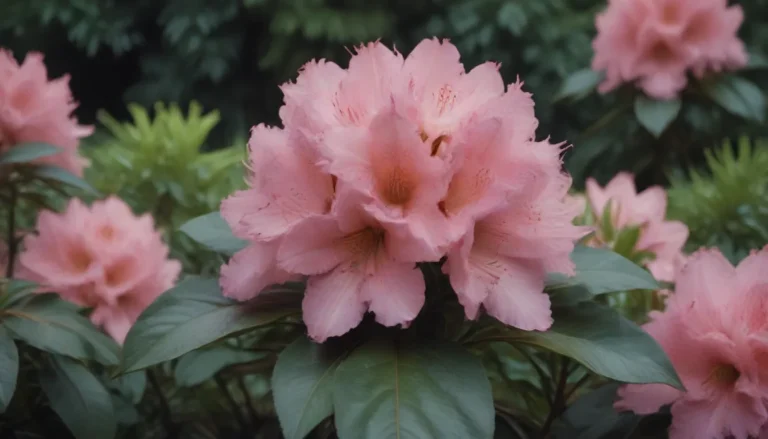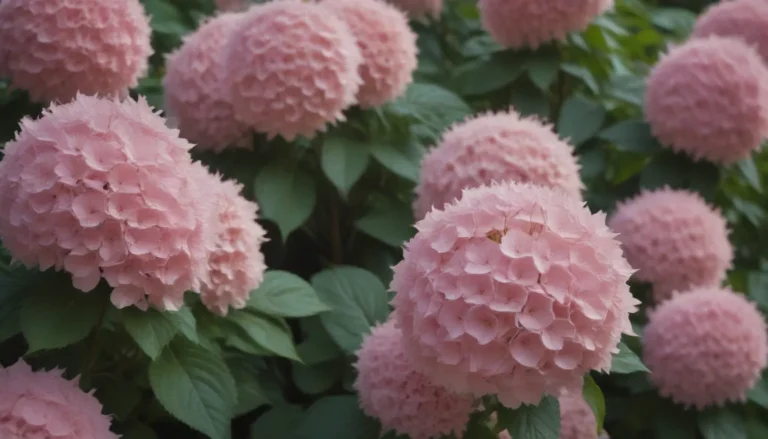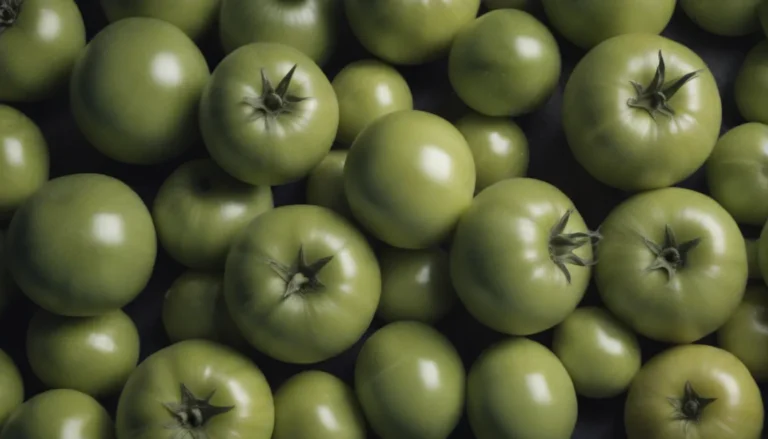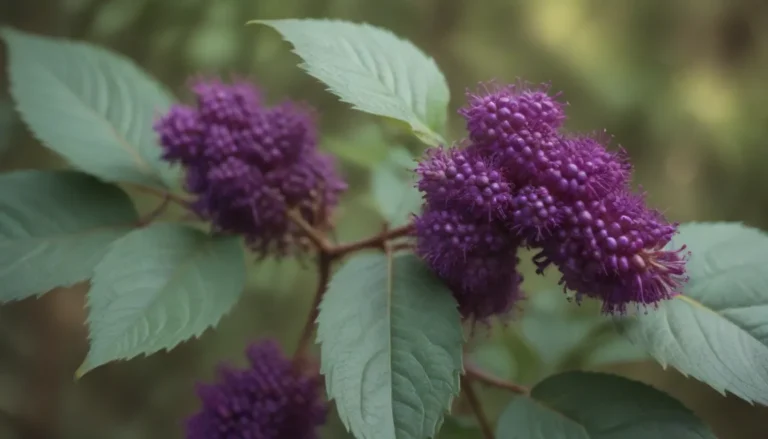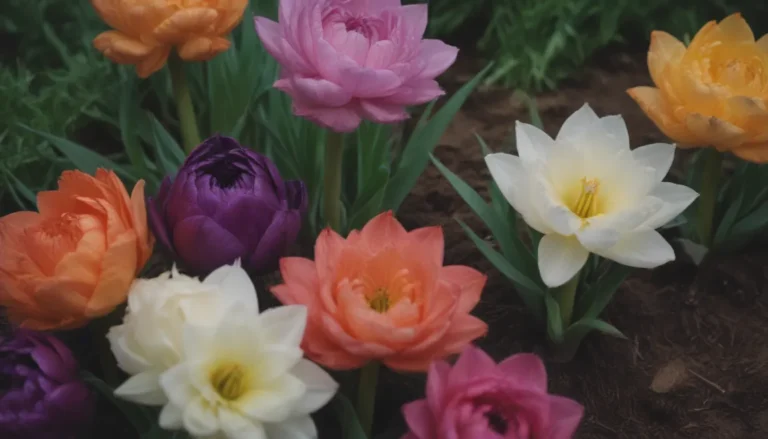Flowers that Rabbits Won’t Eat: How to Protect Your Garden
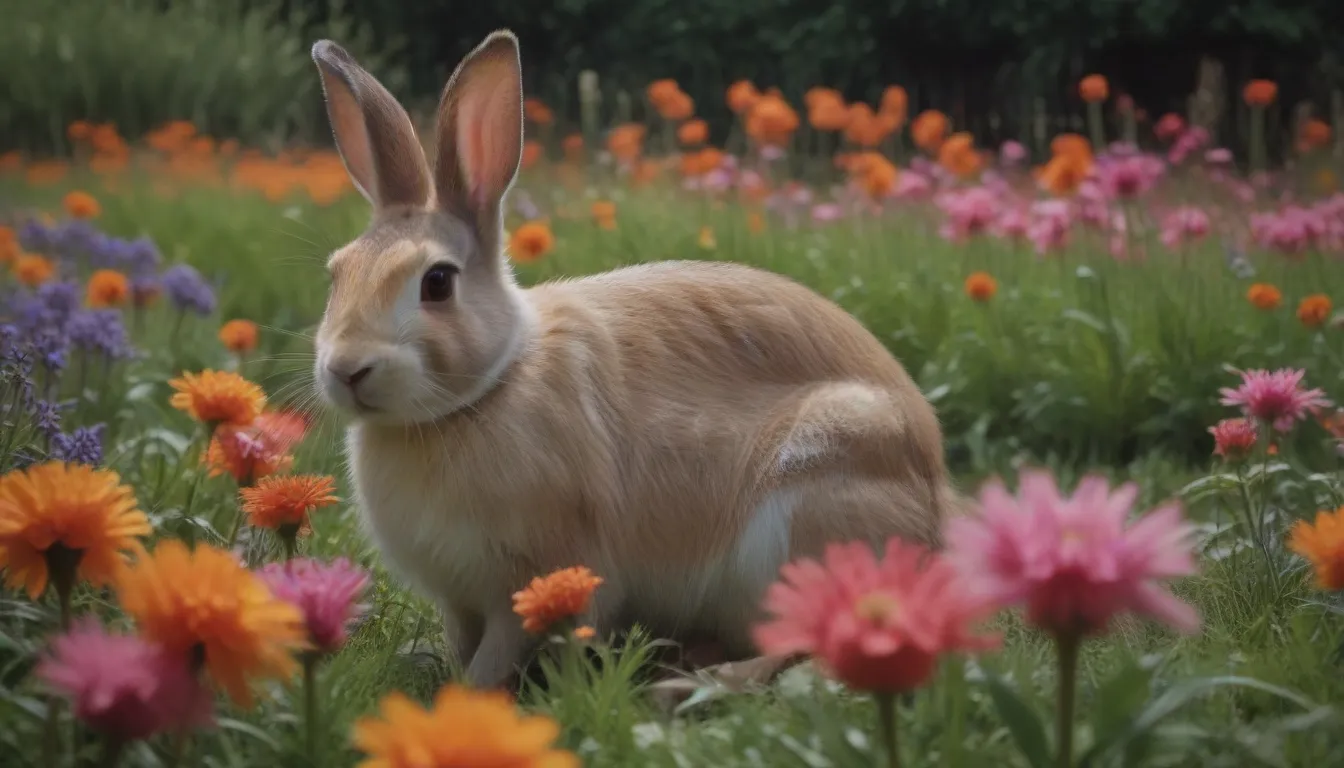
Are you tired of watching your beautiful flowers get devoured by pesky rabbits? While these fluffy creatures may be adorable, they can wreak havoc on your garden if left unchecked. Fortunately, there are some flowers that rabbits tend to avoid due to their taste, texture, or toxicity. By incorporating these rabbit-resistant plants into your garden, you can protect your blooms and enjoy a colorful, rabbit-free landscape.
Understanding Rabbit Behavior
Before we delve into the specific flowers that rabbits won’t eat, it’s essential to understand a bit about rabbit behavior. Rabbits are herbivores, which means they primarily feed on plants. While they have adaptable appetites during periods of scarcity, they generally avoid plants with certain characteristics. These may include foliage or growth that is hairy, bitter, spicy, rough, woody, spiny, or toxic. By choosing flowers that possess these qualities, you can deter rabbits from feasting on your garden.
Flowers Rabbits Avoid
Here are some beautiful flowering plants that rabbits are likely to steer clear of:
-
Butterfly Bush: Rabbits tend to avoid woody plants like butterfly bushes. These plants produce honey-scented flower panicles that attract butterflies while deterring rabbits. Plant them in full sun for best results.
-
Columbine: These delicate flowers thrive in environments where rabbits roam but are generally left untouched by these furry foragers. They self-seed easily, creating a lovely colony year after year.
-
Hellebore: Also known as the Christmas rose, hellebores bloom early in the spring, offering a rabbit-resistant alternative to other early-blooming flowers. Their downward-facing blooms in muted shades are both charming and unpalatable to rabbits.
-
Nicotiana: Members of the Solanaceae family, nicotiana plants contain irritating hairs that repel rabbits. Plant them in partial shade for a lovely display that rabbits will avoid.
-
Peony: While peony hybrids are usually safe from rabbit attacks, tree peonies may be at risk. Erecting an exclusion fence around vulnerable plants can help protect them from hungry rabbits.
-
Snapdragons: These colorful flowers have a bitter taste that rabbits find unappealing. Plant them in rich soil with good drainage for a stunning and rabbit-free garden.
-
Russian Sage: The volatile oils in sage plants act as a natural repellent to rabbits. Russian sage’s fuzzy leaves further deter these furry pests, making them an excellent choice for low-maintenance landscaping.
-
Vinca: With leathery leaves and tough stems, vinca plants are a less appetizing option for rabbits compared to impatiens. They are also resistant to the disease problems that often plague impatiens, making them a reliable choice for your garden.
By incorporating these rabbit-resistant flowers into your garden, you can create a beautiful and pest-free outdoor space that both you and the rabbits can enjoy.
Additional Tips for Protecting Your Garden
While selecting rabbit-resistant plants is a crucial step in safeguarding your garden, there are other strategies you can implement to further discourage rabbits from feasting on your flowers. Here are a few additional tips:
-
Fencing: Installing a fence around your garden can help keep rabbits out. Make sure the fence is buried at least six inches into the ground to prevent them from digging under it.
-
Repellents: There are various rabbit repellents available on the market that can deter these creatures from entering your garden. Look for natural options that won’t harm your plants or the environment.
-
Companion Planting: Some plants naturally repel rabbits and can be strategically placed among your flowers to provide extra protection. Examples include marigolds, lavender, and garlic.
-
Maintain a Tidy Garden: Raking up fallen leaves, removing debris, and keeping your garden free of weeds can make it less appealing to rabbits. By removing potential hiding spots and food sources, you can make your garden less inviting to these furry intruders.
Conclusion
In conclusion, protecting your garden from rabbits doesn’t have to be a daunting task. By incorporating rabbit-resistant flowers into your landscaping, implementing additional deterrents, and maintaining a tidy outdoor space, you can create a vibrant and pest-free garden that flourishes throughout the seasons. With a little planning and effort, you can enjoy the beauty of your flowers without worrying about them becoming a rabbit’s next meal. So go ahead, plant those gorgeous blooms, and watch your garden thrive!
